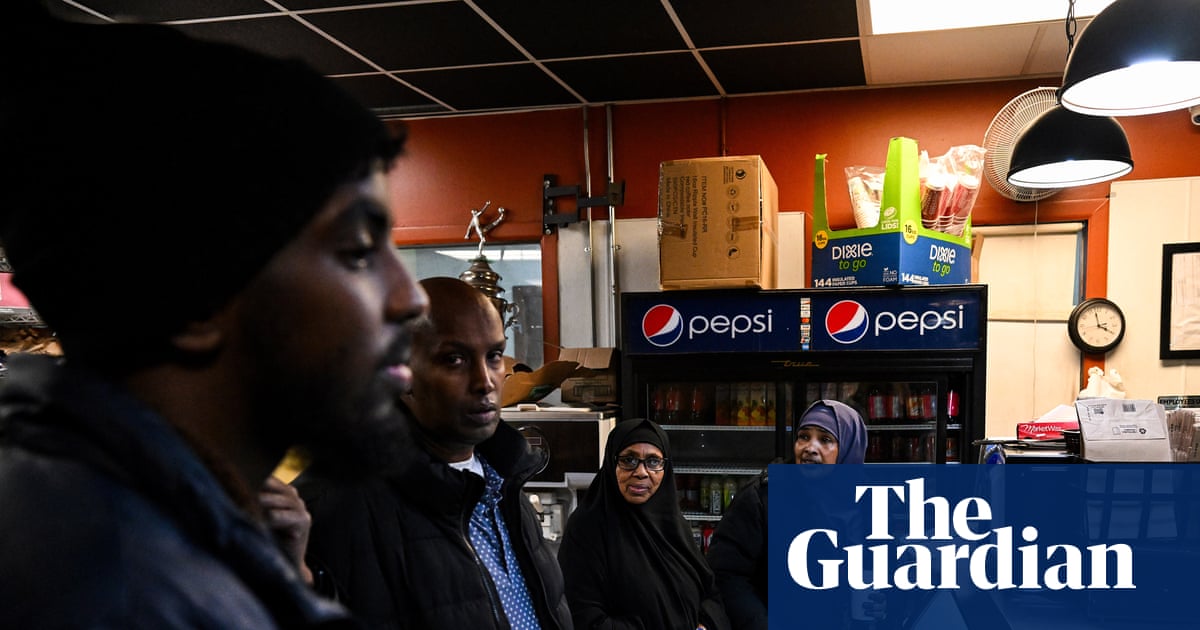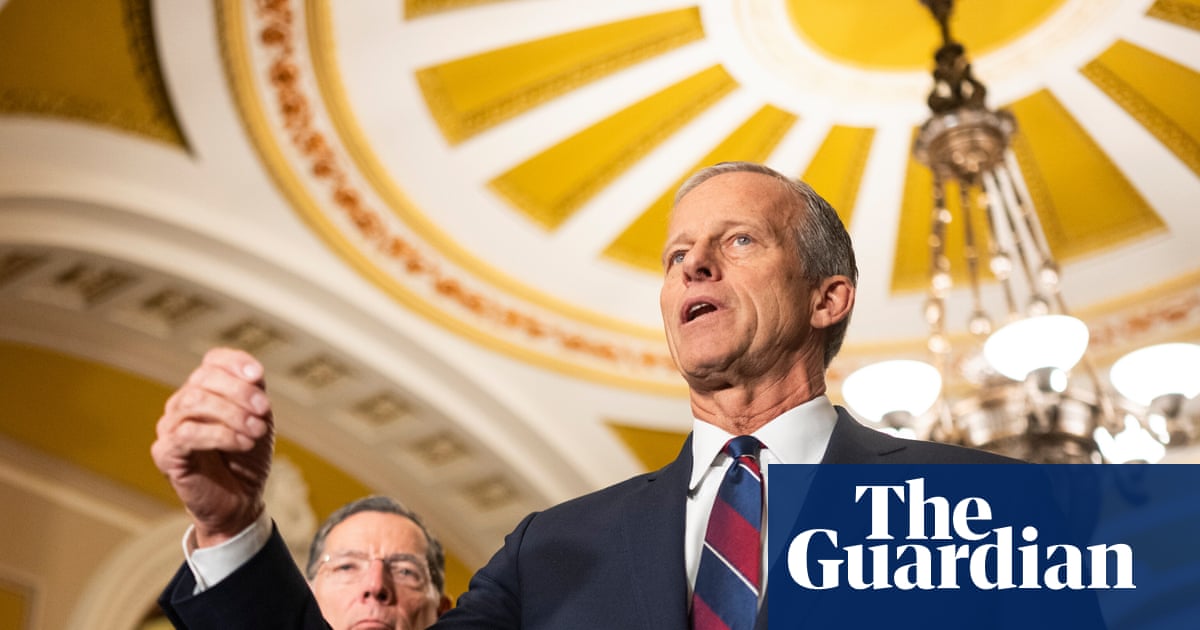The Supreme Court has agreed to decide whether federal law allows immigration officials to turn away foreigners who present themselves at a border crossing and request asylum in the U.S.
The Trump administration urged the justices to take up the case, arguing that preventing asylum seekers from reaching such checkpoints is “a critical tool for addressing border surges and for preventing overcrowding at ports of entry along the border.”
In a routine order list Monday, the high court said it will consider a policy known as “metering” that began on a trial basis under the Obama administration in 2016. It aimed to control the number of asylum seekers arriving at U.S.-Mexico border crossings by having U.S. Customs and Border Protection officers block some applicants on the Mexican side of the border.
Any immigration case heard by the Supreme Court is sure to draw additional attention to President Donald Trump’s ongoing immigration crackdown. But the one newly accepted by the justices highlights how administrations with starkly different approaches to the issue have sought to retain their flexibility by resorting to the same bottom-line arguments in court.
The metering policy is no longer in effect, but the ensuing Trump and Biden administrations have thrown up similar hurdles to asylum seekers, relying on pandemic-related restrictions and limiting asylum interviews to those with advance appointments made through an app.
A divided 9th Circuit Court of Appeals panel ruled last year that asylum seekers approaching an authorized border crossing are considered to be arriving “in” the U.S. under federal law, entitling them to legal protections even if their applications are initially turned down.
The panel’s majority said that the most logical reading of the asylum law was that it applied to all those presenting themselves at a port of entry. However, a dissenting judge accepted the government’s argument that foreigners who remain on Mexican soil have not actually arrived for purposes of the statute.
A total of 12 active 9th Circuit judges publicly urged the appeals court to revisit the issue, but a majority of the 29-member court declined to do so.
“The government’s turnback policy was an illegal scheme to circumvent these requirements by physically blocking asylum seekers arriving at ports of entry and preventing them from crossing the border to seek protection,” attorneys who sued on behalf of asylum seekers said in a statement Monday. “Vulnerable families, children, and adults fleeing persecution were stranded in perilous conditions where they faced violent assault, kidnapping, and death.”
In a filing urging the high court not to take the case, immigrant rights lawyers noted that the metering policy was no longer in effect and that officials had more commonly relied on other tactics to deter asylum applicants.
Metering is also unlikely to return anytime soon, the attorneys said, because before it was officially withdrawn in 2021, the practice “simply pushed asylum seekers to cross between ports of entry.”
The case, Al Otro Lado v. Noem, is likely to be argued in March or April and decided by the end of June.

 German (DE)
German (DE)  English (US)
English (US)  Spanish (ES)
Spanish (ES)  French (FR)
French (FR)  Hindi (IN)
Hindi (IN)  Italian (IT)
Italian (IT)  Russian (RU)
Russian (RU) 























Comments